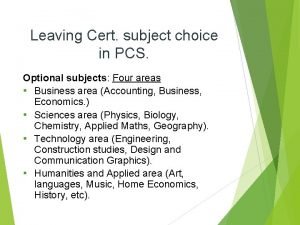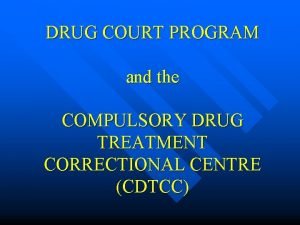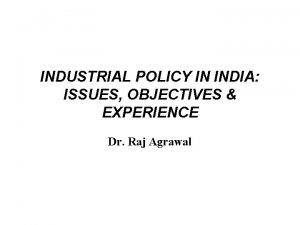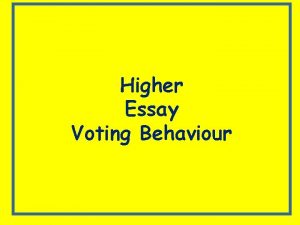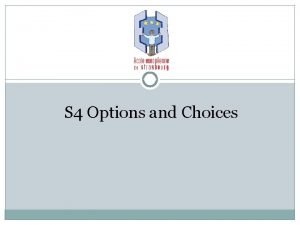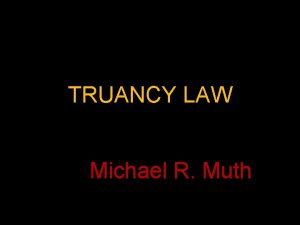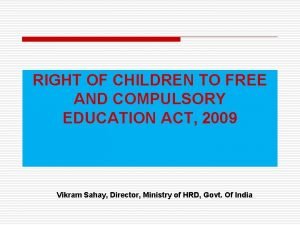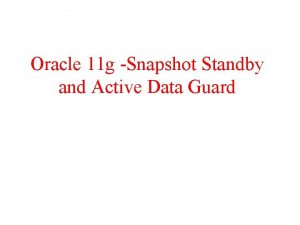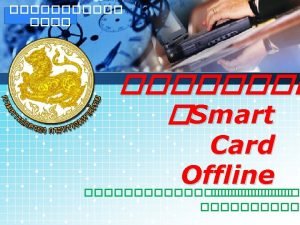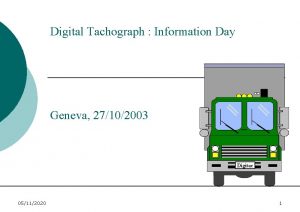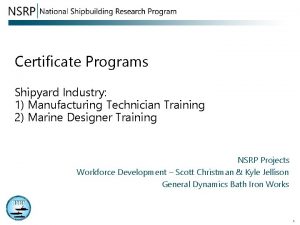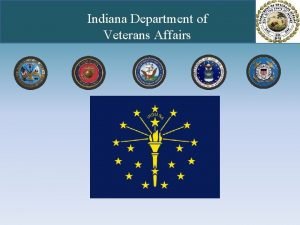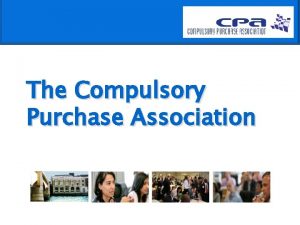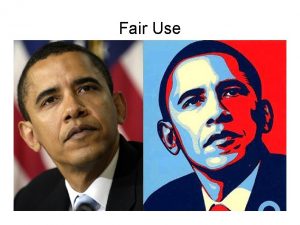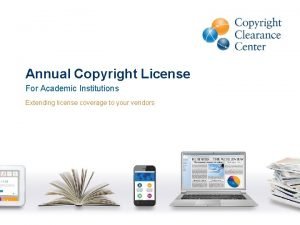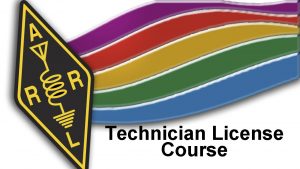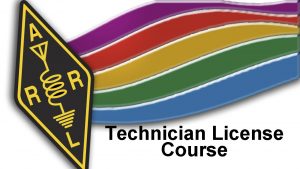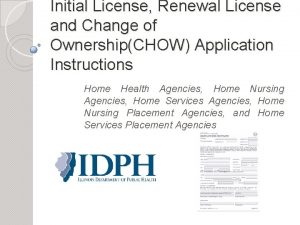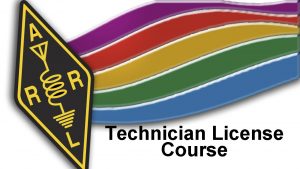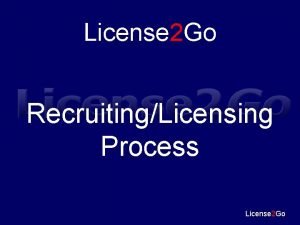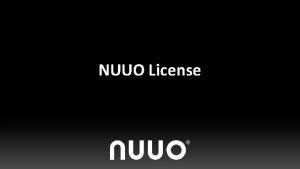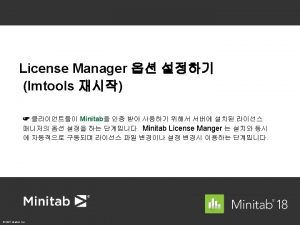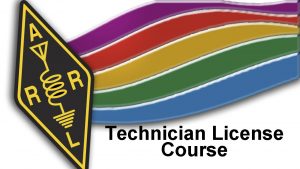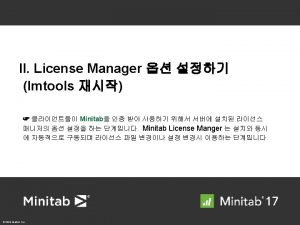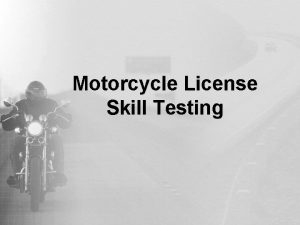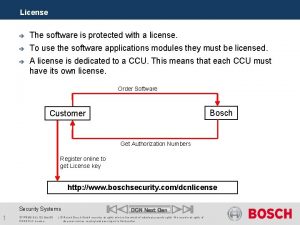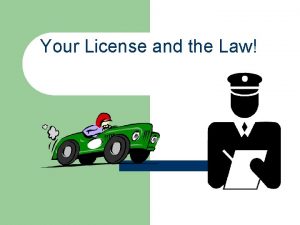COMPULSORY LICENSE What is Compulsory License o o



















- Slides: 19

COMPULSORY LICENSE

What is Compulsory License? o o Compulsory License is when a government allows someone else to produce the patented product or process without the consent of the patent owner. It is one of the flexibilities on patent protection included in the WTO’s agreement on intellectual property – the TRIPS agreement.

o Term does not appear in TRIPS Agreement o TRIPS Article 31 - “Other use without authorization of the right holder”

o o The TRIPS agreement does not specifically list the reasons that might be used to justify compulsory licensing. However the Doha Declaration on TRIPS and Public Health confirms that countries are free to determine the grounds for granting compulsory license.

INTRODUCTION o o o India amended its Patent Act in 2005 in accordance with TRIPS requirements. India did include compulsory License provision in its Patents Act 1970 that allowed only process patent. But the provision of Compulsory License was seldom used as India provided for only process patents in its Patents Act 1970.

o o With amended Patents Act 2005, Indian pharmaceutical companies cannot legally copy and reverse engineer medicines that are patented. This may pose a serious threat with accessibility and affordability to life saving medicines especially anti-cancer and anti-Aids medicines.

o o o Patent Act 2005 does have provisions of compulsory license which can be evoked in case need arises. India so far has never issued any compulsory license. Use of compulsory licensing is of utmost importance for pharmaceutical products as medicines are not available to the poorer section in various countries due to patent protection enjoyed by MNCs

o o o Provisions related to Compulsory License is enshrined in Article 31 of TRIPS agreement uses the word “Other use without Authorization of the Right Holder” instead of Compulsory License. TRIPS sets out conditions under which a Compulsory License can be issued.

o Compulsory licensing enables a government to license to a company, government agency or other party the right to use a patent, without the title holder's consent, to either produce or authorize someone else to produce a patented drug without the consent of the patent holder in the event of a national emergency, extreme urgency or for non commercial public use. o TRIPS does not specify what constitutes “national emergency” and “extreme urgency”.

o o o Compulsory licenses are a legally recognized means to overcome barriers in accessing affordable medicines. Doha Declaration on TRIPs was not useful to most countries in Africa as they do not have any or sufficient manufacturing capacity. 30 August 2003 Agreement allowed the importation/exportation of generics produced under CL

Indian Scenario – Patent Act 1970 o o In India the provision of Compulsory License is enshrined in Article 84 of Patents Act of 1970. Article 84 states that any time after expiration of three years from the date of sealing of patents any person may make an application to controller and compulsory license can be issued to address any of the following issues: Reasonable requirements of the public with respect to the patented invention have not been satisfied The patented invention is not available to public at reasonably affordable price.

o 1. Section 85 of Patents Act 1970 sets out the list of matters that need to be taken into account while granting compulsory License and includes: The nature of the invention, the time which has elapsed since the sealing of the patent and the measures already taken by the patentee or any licensee to make full use of the invention;

2. 3. 4. The ability of the applicant to work the invention to the public advantage. The capacity of the applicant to undertake the risk in providing capital and working the invention. As to whether the applicant has made efforts to obtain a license from the patentee on reasonable terms and conditions and such efforts have not been successful within a reasonable period as the Controller may deem fit.

o o In addition the use of Compulsory License was considered to be a tedious and cumbersome procedure. But keeping in view developments that happened at Doha Round that allowed for compulsory license and export of products to countries with little or no manufacturing activity, Indian Government added another section 92(A) in its last amendment of Patent Act in 2005.

Indian Scenario – Patent Act 2005 o This section 92(A) allows for grant of compulsory license to export the products to countries with insufficient or no manufacturing capacity in the pharmaceutical sector for the concerned product to address public health problems, provided compulsory license has been granted by such country or such country has, by notification or otherwise, allowed importation of the patented pharmaceutical products from India.

o The Controller shall, on receipt of an application in the prescribed manner, grant a compulsory license solely for manufacture and export of the concerned pharmaceutical product to such country under such terms and conditions as may be specified and published by him. o The provisions shall be without prejudice to the extent to which pharmaceutical products produced under a compulsory licence can be exported under any other provision of this Act.

o Under Section 92 (1) the Central Government can issue notification for the grant of compulsory licenses, at any time after the sealing of patent in case of “national emergency” or “extreme urgency”.

o o o India, one of the biggest suppliers of generic medicine in the world, have not so far retorted to compulsory license. This could be attributed to several other factors like price control and monitoring of price of medicines by government ministries. India provided for only Process patent that helped local pharma industry to grow and compete in International arena.

 Salient features of rte 2009
Salient features of rte 2009 Pcs compulsory subjects
Pcs compulsory subjects Cdtcc
Cdtcc Industries requiring compulsory licensing *
Industries requiring compulsory licensing * Media influence on voting behaviour essay
Media influence on voting behaviour essay Four compulsory subjects
Four compulsory subjects Jummah rakats
Jummah rakats Violation of compulsory attendance req parent, etc
Violation of compulsory attendance req parent, etc Child centred curriculum
Child centred curriculum How to make ghusul
How to make ghusul Affirm and noaffirm in oracle data guard
Affirm and noaffirm in oracle data guard License entitlements
License entitlements New mexico interlock license
New mexico interlock license License
License Michigan raffle rules
Michigan raffle rules Global protect vpn uw madison
Global protect vpn uw madison Scapi error no license manager
Scapi error no license manager Digital tachograph printout explained
Digital tachograph printout explained Manufacturing technician license
Manufacturing technician license Indiana veteran license plate
Indiana veteran license plate

